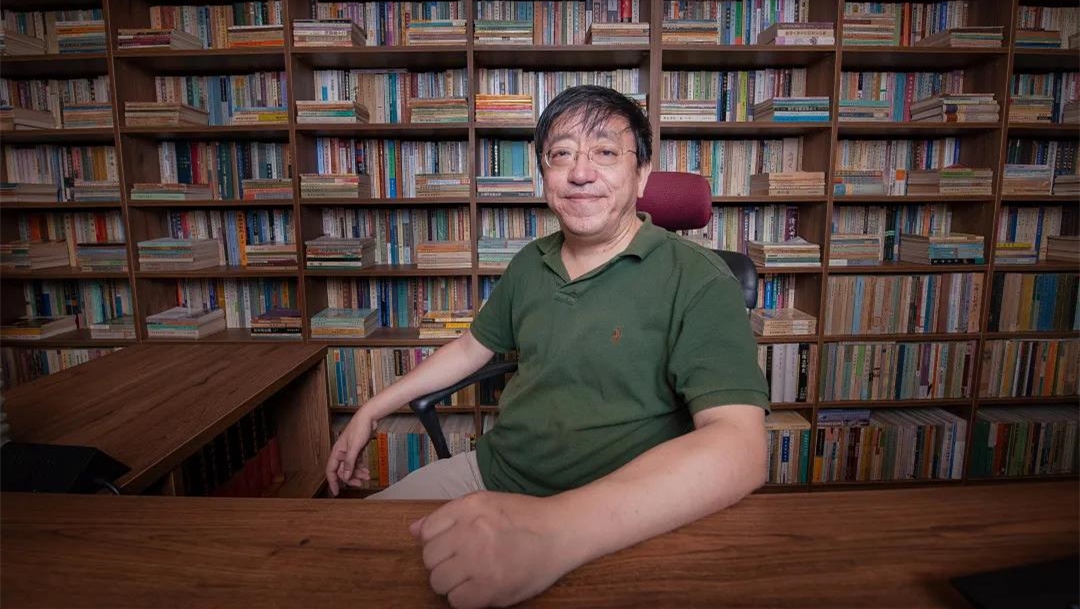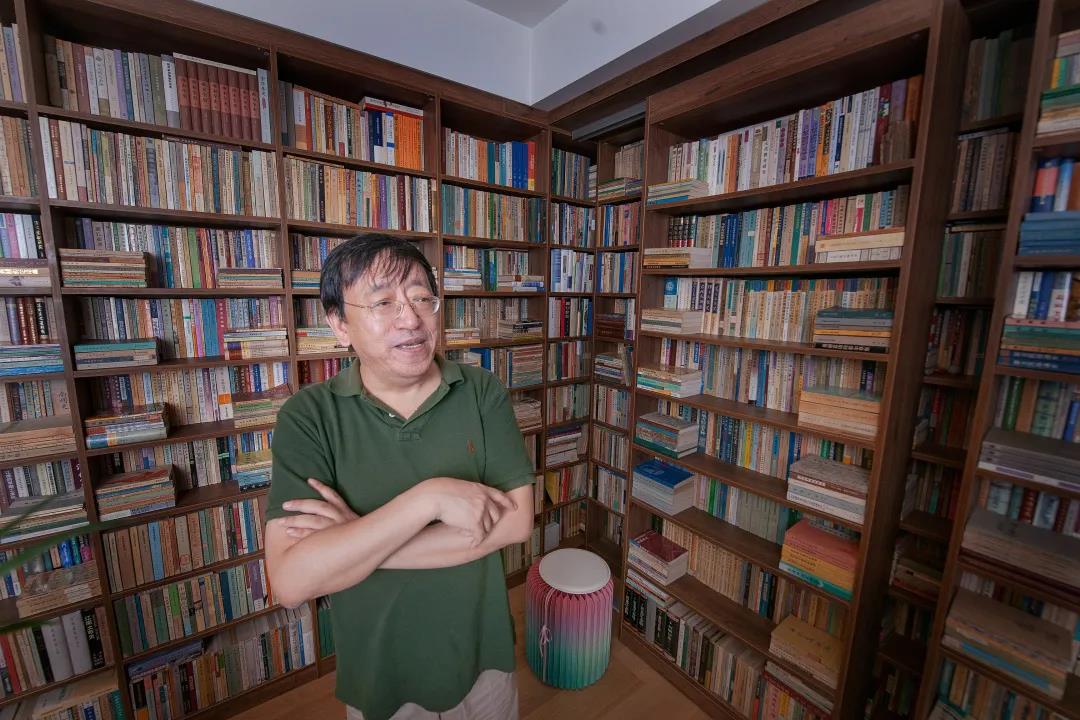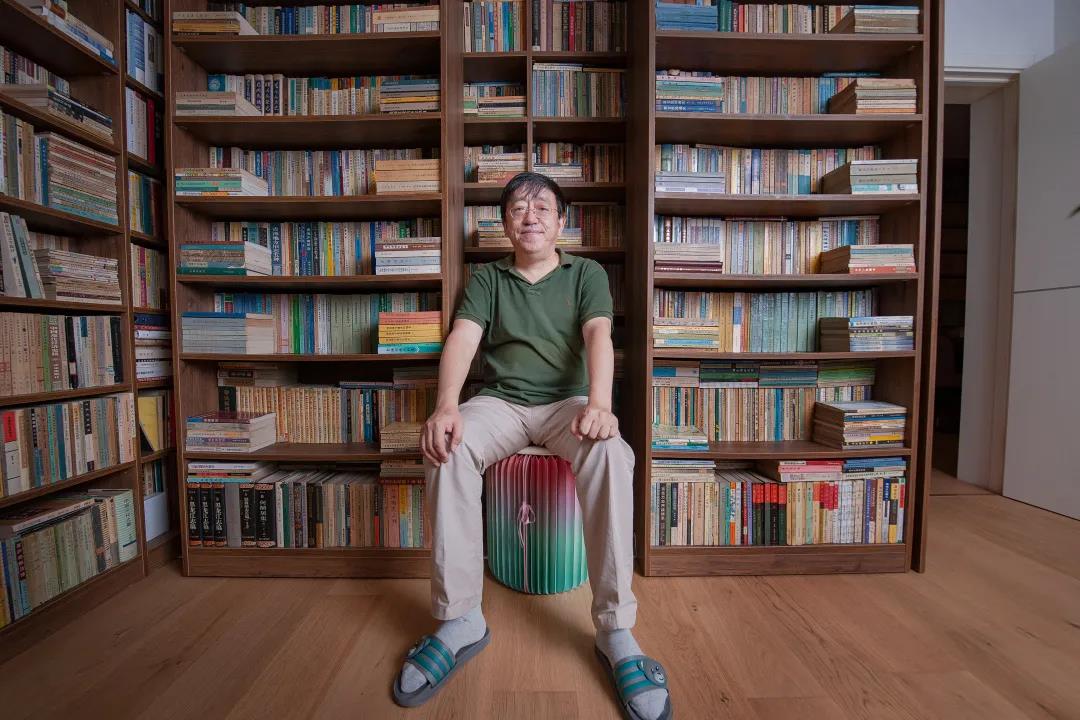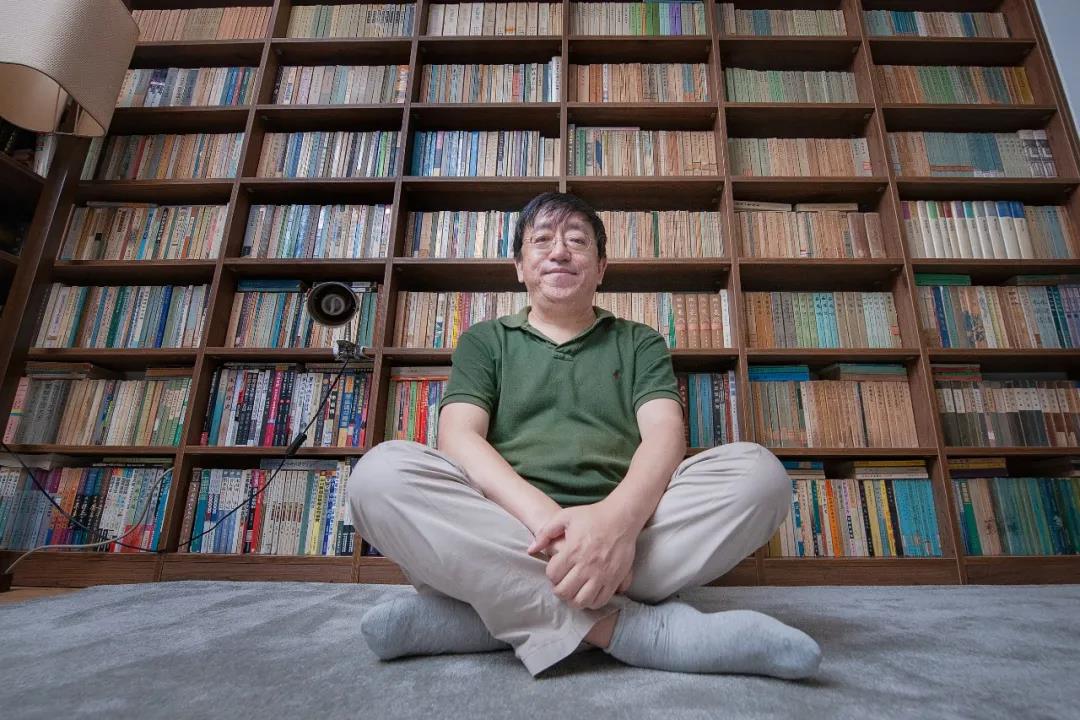Peking University, November 13, 2020: Hidden among the beautiful and traditional architecture of Peking University lies humble-looking corners filled with precious and pleasant riches of knowledge, enveloped with row after row of neatly lined up books towering towards the tall ceiling.
These mysterious hidden corners of Peking University are in fact the study rooms of generations and generations of Peking University scholars and professors. Here, we invite you to explore with us various study rooms on PKU campus through the lenses of five prominent PKU scholars Wang Shicheng, Cao Wenxuan, Han Maoli, Zhu Qingsheng and Zhang Fan. Embark on this journey with us and you'll be given insights into some of the most brilliant minds of PKU as you hear them share stories of their study rooms- the place where all the magic happens.
Zhang Fan is the director of the Department of History of Peking University, professor of the Teaching and Research Department of Ancient Chinese History, and president of the China Yuan History Research Association.

Stepping into the house of Zhang Fan, we are greeted by wafts of air smelling faintly of wood, earth and vanilla. As we venture further into his residence, we pinpoint the source of the earthy fragrance: a whopping 60,000 books of all sizes and genres!
Strictly speaking, because Zhang Fan's books are spread across his entire residence, there is no specific area in the house we can call a study room. In fact, his entire house resembles a miniature ancient library, with no cupboards and decorative ornaments usually found in a typical home.

As we stare in awe at his stacks and rows of books, well-organized with their spines facing outwards and arranged in size and variety, Professor Zhang laughingly reveals that he is very particular about the way his books are organized. He adds, "these days I don't really buy newly bound books because the size difference between the books will make the shelves look messy."
Professor Zhang's collection of books spans across a multitude of genres and topics ranging from scientific research to literature, history and philosophy. Professor Zhang admits that he buys books like he's collecting stamps. If he starts buying one book, he'll be sucked into the cycle of buying entire sets of books. "When I was a child, there were many books I could not get my hands on. As I grew older, I would constantly buy the books I've always wanted to read as a child". To Professor Zhang, books are not only sources of knowledge, but also objects of comfort and nostalgia.

Professor Zhang has had interesting experiences hunting down books at bookstalls. While reminiscing old memories, Professor Zhang says, "sometimes when I think that the bookseller has set the price too low, I will voluntarily pay more. But after a while, people tell me that I am driving up the market price." After the rise to the popularity of online book shopping, Professor Zhang seldom frequents bookstores for he rarely finds the needs to search high and low for a particular book. Nonetheless, his familiarity and love for books remain unchanged.
Professor Zhang's oldest and most precious book collections are the thread-bound historic books on Yuan Dynasty sitting in his glass cabinet. The books look as though they were once broken, but fixed multiple times with layers and layers of tape supporting their spines, giving them a nice glossy shine underneath the soft lights of the living room. These books were gifted to him by Professor Xu Daling, Professor Zhang's doctoral supervisor.

Before we leave, Professor Zhang leaves us with one last piece of wisdom. He says, "If possible, read more history books, preferably the original works of historical classics. They are always closer to history than works written by people in modern times."
Professor Zhang's academic philosophy and attitude have been inspiring us to think deeply about our relationship with books, history, and events in the past that have shaped us into the people we are today. If not for Professor Zhang's enthusiasm for history and collecting books, we would not be venturing into this breath-taking study space filled with 60,000 books and countless brilliant stories of the past!
Written by: June Tan Rui Min
Edited by: Amanda Hu
Photo credit to: Lv Chen